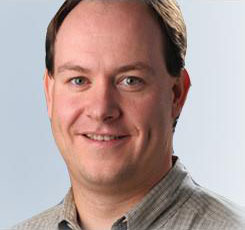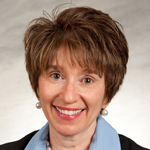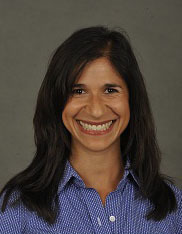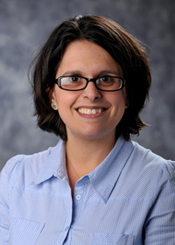
The University of Notre Dame is one of the top universities in the country for providing non-tenured junior faculty with a successful professional experience, according to a new report “Tenure-Track Faculty Job Satisfaction Survey” from the Collaborative on Academic Careers in Higher Education (COACHE), a consortium of colleges and universities.
Notre Dame faculty who were surveyed identified their experience as exemplary in three categories: the nature of research, of teaching and of the overall work-place experience.
The University is one of only five research and doctoral-granting institutions to earn exemplary status in three or more categories. Notre Dame joins such institutions as Dartmouth, Duke, the University of Chicago and Brown University in providing exemplary support in those specific areas.
The report reflects input from a survey of 15,000 junior, non-tenured faculty at 127 colleges nationwide. In Notre Dame’s case, it drew from reflections of faculty who joined the University in 2005, according to Kiernan Mathews, director of COACHE, which is based at Harvard’s Graduate School of Education. COACHE members share data and experiences as a means of identifying best practices for supporting faculty.
Since the arrival of the 2005 cohort, the Office of the Provost has revised many aspects related to supporting the new faculty experience, including its investment in the research infrastructure, attention to teaching in the University, how teaching is evaluated by students and the resources allocated for incoming faculty.
Highly effective, say recently hired faculty, is a two-day new faculty orientation that focuses on building fellowship and fostering cross disciplinary interaction as it helps new faculty understand the university’s academic and research priorities. Donald Pope-Davis, vice president and associate provost, directs the orientation and subsequent fellowship-building activities.

The research expectations laid out in the recruiting and orientation process were both clear and attractive to Karel Matous of aerospace and mechanical engineering. He sees Notre Dame as “a university on the rise,” and says he likes being part of this forward-moving momentum. At the same time, his appreciation for maintaining Notre Dame’s superb undergraduate experience is exuberant. As important as research is, “our most important function is to educate. Keeping the undergraduate education at a top-notch level is essential to us,” he says.

The orientation introduces faculty to the physical campus and to the local community, and aspires to help faculty build new relationships, an important aspect for Elizabeth Tuleja. “I probably made six good friends during that time,” recalls Tuleja of the Mendoza College of Business, who had held a teaching position in Hong Kong before coming to Notre Dame. “We’ve been a support to one another.”

In the second year, adds assistant psychology professor Kristin Valentino, members of her cohort and their spouses are brought together for a social event built around a meal and a performance, giving them further opportunity to build community. “I made friends with several colleagues from other colleges and departments that I probably would never have met had it not been for these events.”
For Matous, who spends long hours in his lab, the care the University took in integrating his spouse into the community has made an important difference in their family’s move here. An independent orientation for spouses and partners is one of those efforts.

To assure that her research had a strong foundation, Patricia Champion had a semester to set up her lab before being assigned teaching duties. She chose to teach a senior-level molecular genetics course and finds her 30 students excited about the material and always willing to participate. Champion’s department also connected her with a seasoned faculty member to serve as a mentor. On a fairly regular basis, Champion says, she consults with her mentor on issues from research to teaching to negotiating the grant process.
Valentino says she found the assistance of the Arts and Letters Institute for Scholarship in Liberal Arts (ISLA) a great help in supporting research. In addition, the staff of the Center for Children and Families also has been a tremendous resource for launching her research, which focuses on a very high-risk sample of maltreated children, she says.
“The Center includes several experienced research staff who are well-connected with the South Bend community, and have been instrumental in recruiting research participants for my lab, and in using their connections to help me to gain credibility and trust from the community.”
New faculty are most consistently surprised by accessibility to top University leaders, whom they first meet at orientation. “I just think that’s really rare,” says Champion. Valentino says she was impressed to be invited to a small-group lunch with the Provost Tom Burish and Rev. John I. Jenkins, C.S.C., University president. Both, as well as the dean of the College of Arts and Letters, have been open to constructive feedback on how to improve the junior faculty’s experience.
As a former member of the University of Illinois faculty, Matous says he never met U of I’s president. “On several occasions, I have had the opportunity to talk to Father John. That opportunity is very important.”